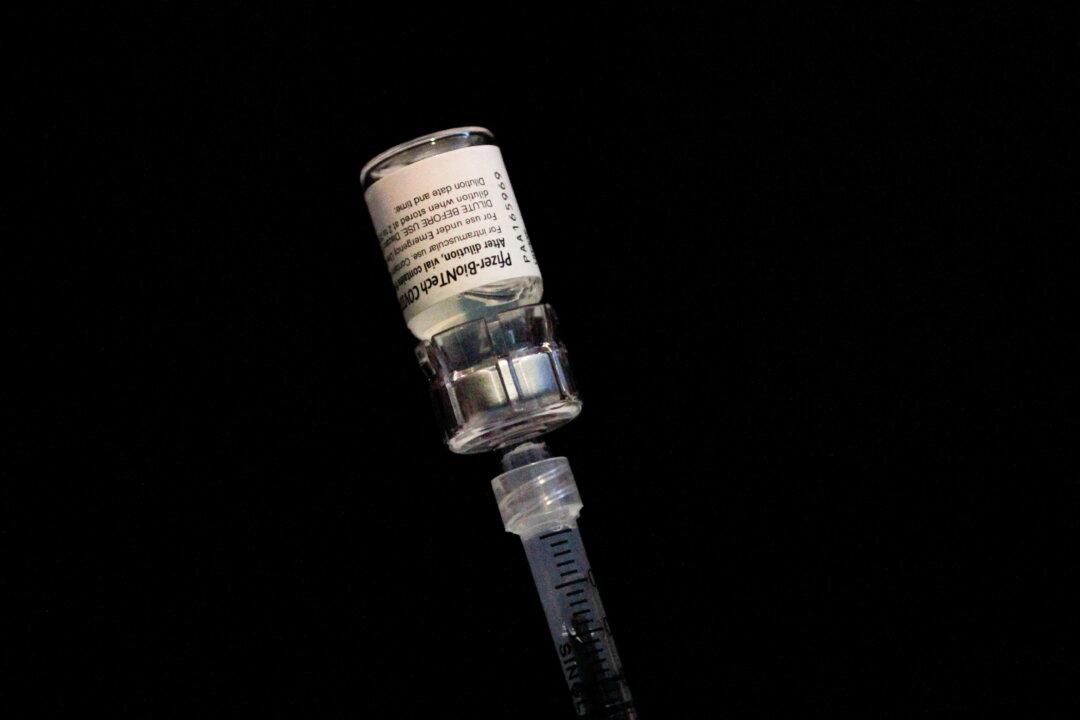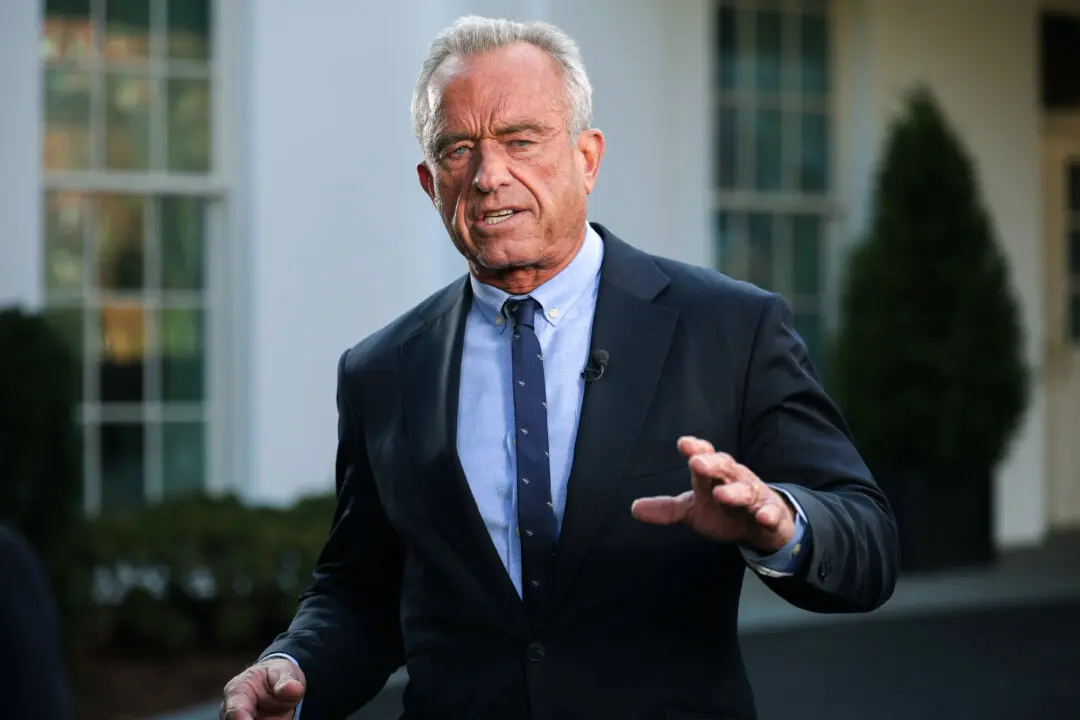The Food and Drug Administration (FDA) on Friday authorized boosters of the Moderna and Pfizer COVID-19 vaccines for all Americans 18 or older.
“The FDA has determined that the currently available data support expanding the eligibility of a single booster dose of the Moderna and Pfizer-BioNTech COVID-19 vaccines to individuals 18 years of age and older,” Dr. Peter Marks, director of the FDA’s Center for Biologics Evaluation and Research, said in a statement.





